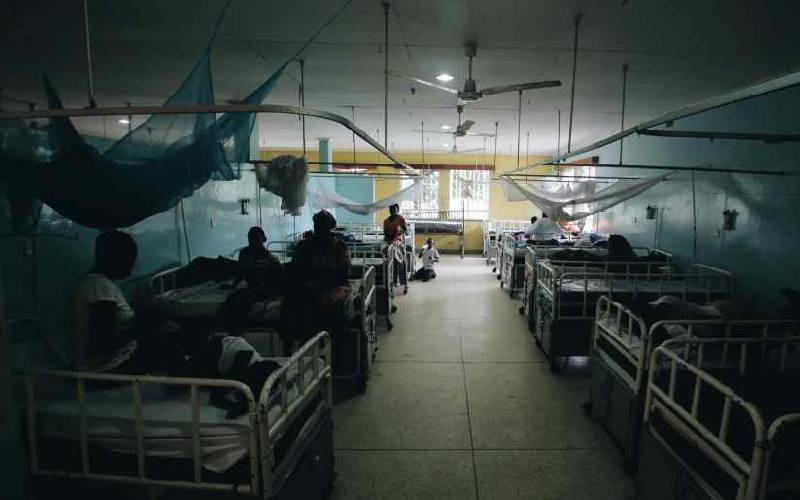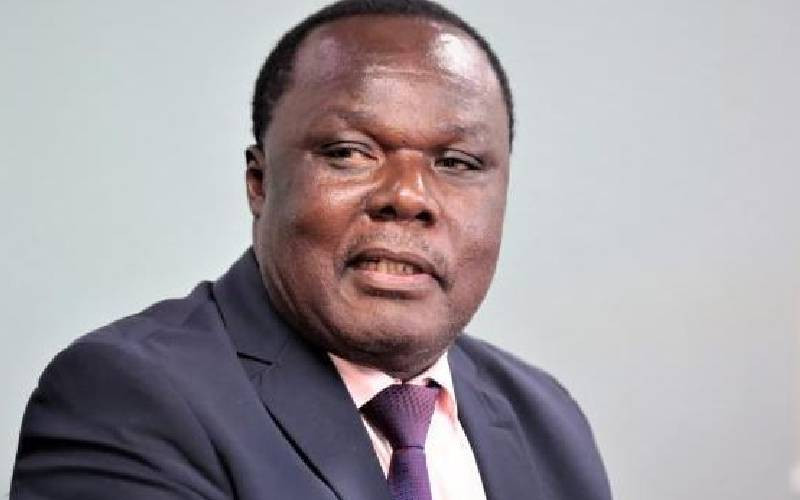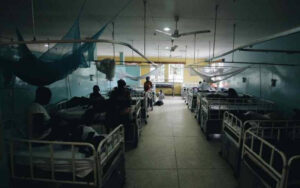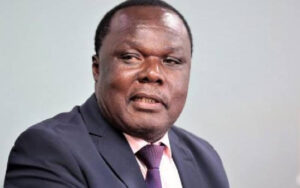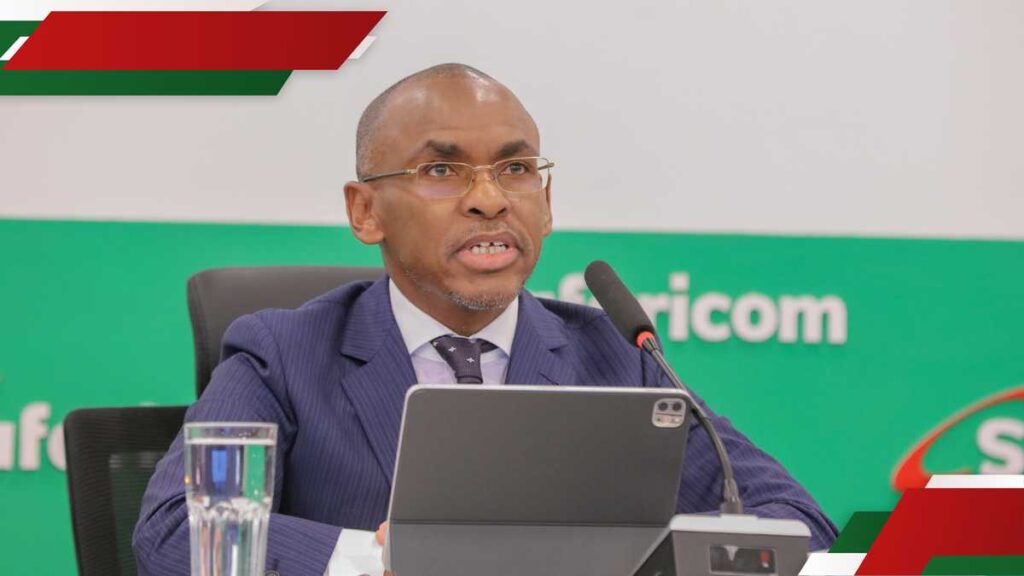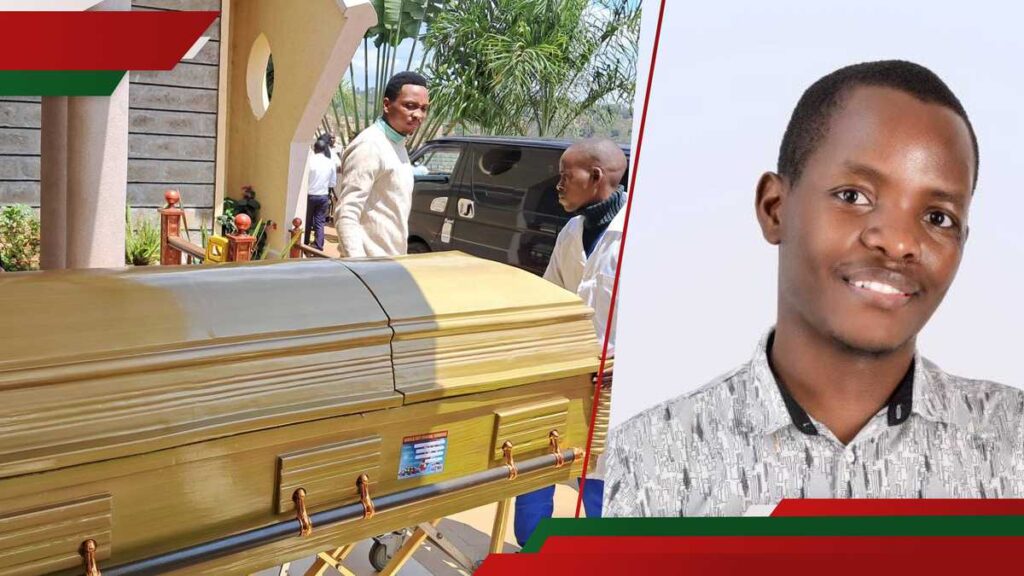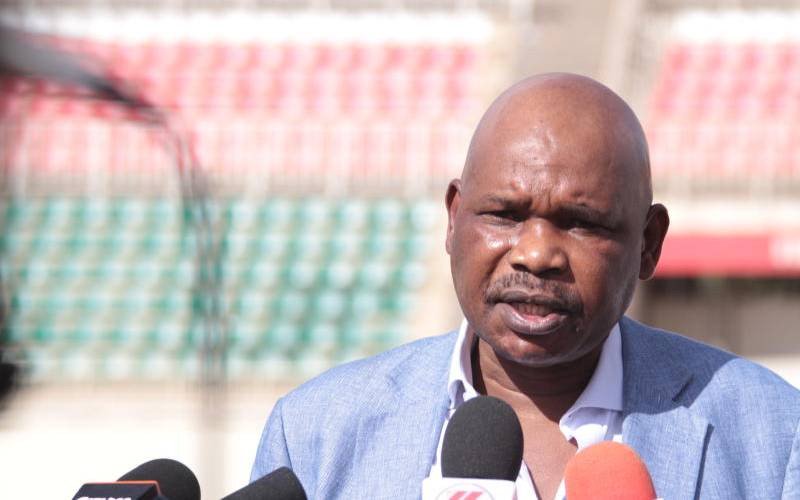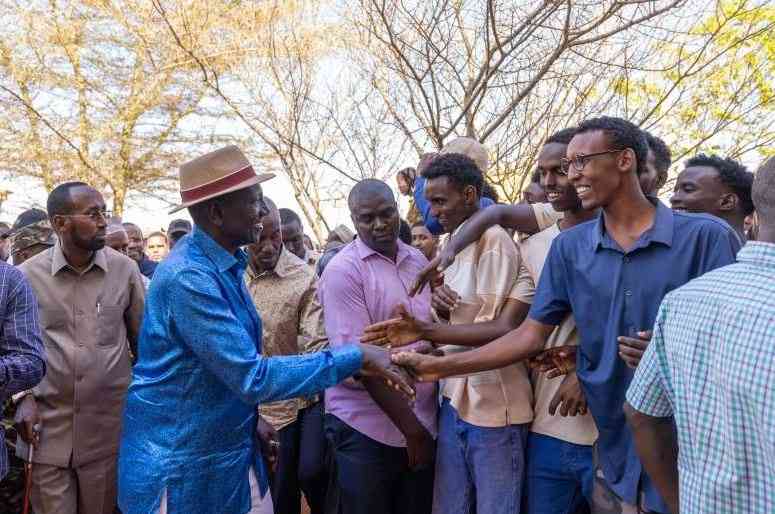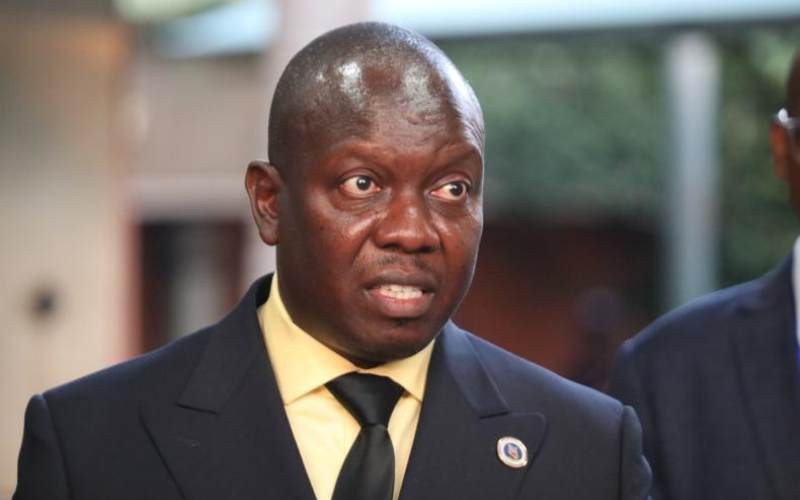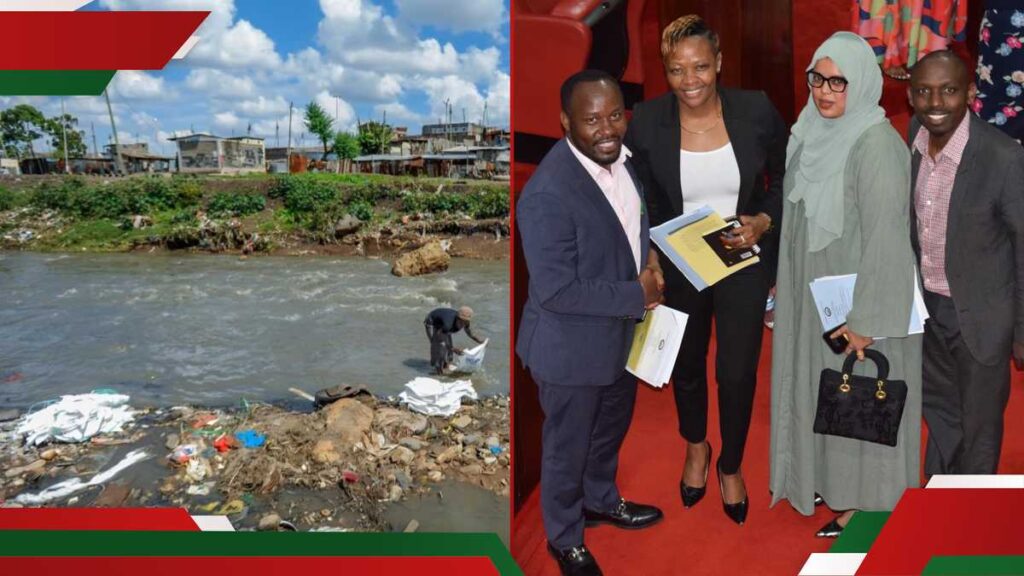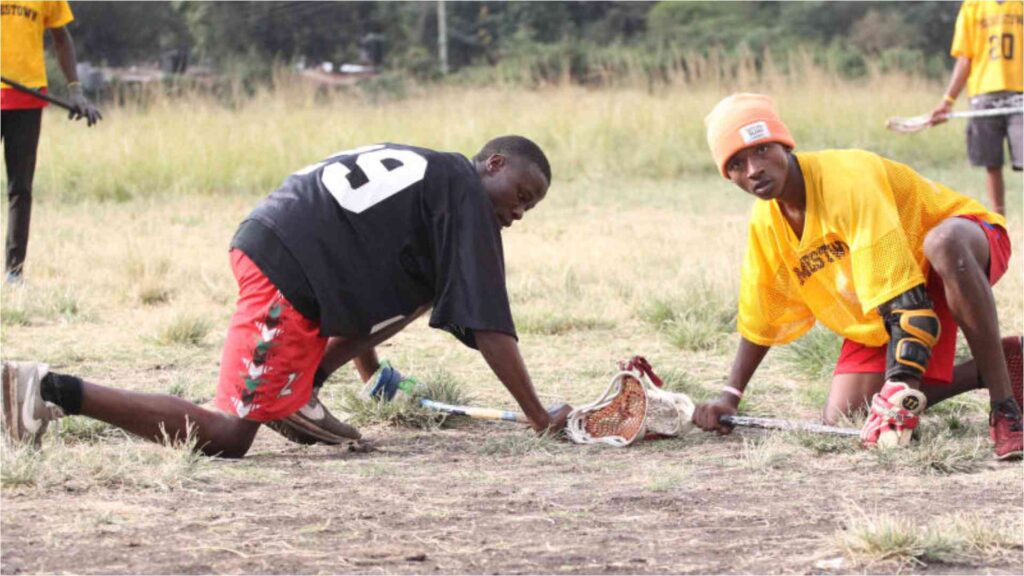Children are the most affected by corruption despite lacking representation on conversation that touches on graft, a new report finds.
And families that tolerate dishonesty, favoritism or bribery, nurture social attitudes that normalise unethical behaviour.
This is according to new research titled; Children and Integrity: The Heart of National Accountability, which was released on Wednesday by the Loyola Centre for Media and Communications (LCMC) in Nairobi.
Report finds that more than 70 percent of respondents believe corruption begins within the family, and this extends to the public and private environments.
The research was done in partnership with Kenya Conference of Catholic Bishops Catholic Justice and Peace Department (KCCB CJPD), Inter-Religious Council of Kenya (IRCK) and County Governance Watch.
“The findings speak not only to the realities of corruption and its impact on children, families, and communities, but also to the deeper moral and communicative patterns that shape how society defines trust, fairness and responsibility,” said Dr. Elias Mokua, executive director of LCMC in the research forward.
He added: “The evidence presented here reminds us that children and young people do not learn values in abstraction. They learn by observing, reading, and listening to how adults speak, act and engage with one another.”
Dr Mokua said national conversations—what we debate, celebrate and tolerate, therefore, become the moral curriculum from which the next generation learns.
“Each public statement, policy choice and each act of leadership communicates values that either build trust or diminish it,” he said.
For the sake of the present and future well being of our children, Dr Mokua said we must embrace the moral responsibility to act with trust, conviction and moral authority.
“Only then can we renew the social covenant that binds our nation together and re-imagine a future built on justice, accountability and hope,” he said.
Statistical cross-tabulations in the dataset show that respondents who rated parental influence as a “great extent” factor in the spread of corruption also reported higher levels of citizen complacency (at 62 percent) and low confidence in public institutions at 50 percent.
The research, he said, also found that the media does not have narratives of children speaking about corruption.
This was observed by over 95 percent of the adult, educated respondents, presenting a big opportunity for the media to begin thinking about how they involve children.
In the research, about 50 percent said they would love children to be part of the conversation.
Stay informed. Subscribe to our newsletter
“And the other 40 percent, say that they want children to be involved, but with protection, with some safeguards. So I find that very interesting and very revealing that children are being affected by corruption, but they are not part of the conversation,” said Mokua.
Dr Mokua spoke on Thursday, the second day of the Angaza Dialogue platform conference themed, The Cost of Corruption: Media Discourse, Children’s Justice, and Faith Practice, which was organised by the above three entities.
It gave an opportunity for a multi-sectoral conversation that involved faith-based organisations, government institutions like Ethics and Anti-Corruption Commission (EACC), civil society organisations(CSOs) among others to speak on corruption.
Bishop John Warari from IRCK, said the council which include Evangelical Alliance of Kenya(EAK), KCCB, Organisation of Islamic Cooperation (OIC), Seventh Day Adventist(SDA), Hindu Council have come up with a policy on child protection.
“So this child protection policy is a document that we came up with and signed into it where it is our cardinal duty to teach our children and inculcate values and ethics. But most of all, we create what we call safe spaces, an environment where these children can grow and flourish free from corruption,” he said.
He added: “We should know as a nation that our children are watching. Last year, we had a Gen-Z uprising and the reason was that our children looked at us parents, saw gaps and they felt tired. They felt that we are not getting it and so they got out. And so it’s up to us to note that we are called to be good role models because our children are watching and for that, we all should fight this monastery.”
Bishop Warari said fight against corruption starts with individuals and ‘its time we all look at ourselves in the mirror and ask ourselves hard questions like what are we going to leave for posterity, kind of example are we leaving behind?’
According to the research, over half of respondents (53.3 percent) believe the media is sometimes complacent in exposing corruption, while 39.7 percent describe citizens as similarly passive.
“This dual complacency creates a feedback loop: weak media coverage dampens citizen outrage and public silence discourages sustained journalism,” says the report.
It says open-ended responses note that corruption scandals dominate headlines briefly but fade without resolution, feeding a culture of acceptance.
Media Council of Kenya(MCK) chief executive officer David Omwoyo said media has and continues to play its role of investigating and reporting amid challenges like threats, defamation suits that lead to huge fines slapped on media houses.
He also cited failure by relevant authorities to act after expose and budgetary constraints unlike investigating agencies, who are funded by exchequer.
“I think that is a research bias because of lack of contextualisation in the sense that the work of the media is to investigate and report. That’s all the media can do. It cannot arrest or prosecute,” said Omwoyo.
He added: “I think literally every week, sometimes every day there will be at least a newspaper headline about corruption and the poor governance issue in the papers.”
Omwoyo said if the media highlights consistently these matters and then there is no action by the duty bearers, there will be an element of fatigue that they report and nothing happens.
“There is also an element of endangerment because the journalists by going out to investigate these matters of corruption have to sometimes put their lives at risk,” said Omwoyo.
Kevin Osido, governance specialist and executive director of County Governance Watch, welcomed report.
“In the sense that if we do not exercise certain important virtues like values of accountability and transparency, even up to the point of engaging with the children in the family, then we are going to lose these values,” said Osido.
He said in the areas of service delivery particularly because we are also talking about devolution and some of these things really touch at the core of the children including provision of water, provision of health, provision of education, the children need to be at the table.
“And even for them to be able to understand some of the difficult conversations like capitation, what it means when the government says that we don’t have money for it. I think it is therefore important that we have these kinds of platforms to begin to have the conversations to bring them to the table,” added Osido.



